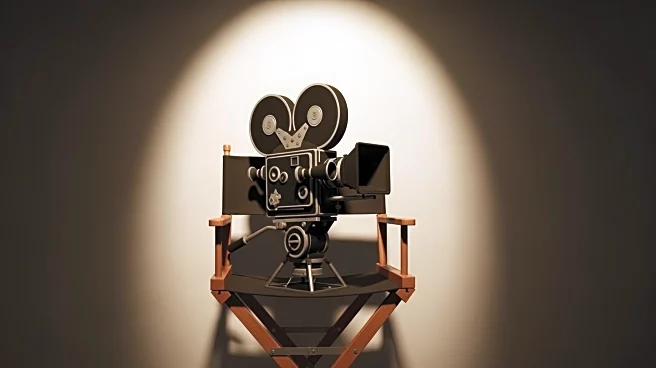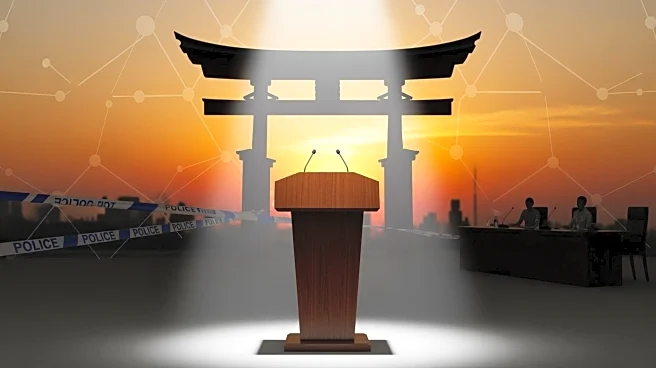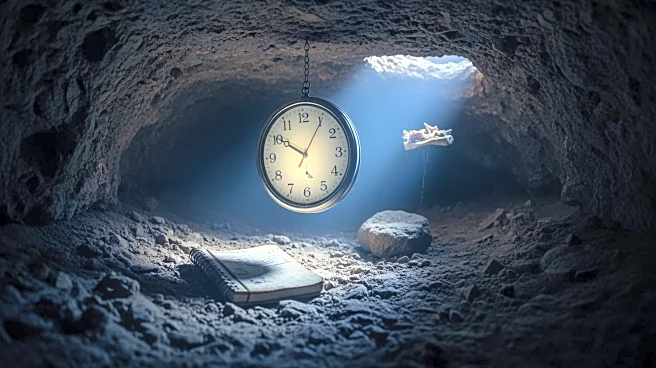What's Happening?
Oscar-winning director Guillermo del Toro has expressed strong opposition to the use of generative AI in the arts, particularly in film production. During the press tour for his adaptation of Mary Shelley's 'Frankenstein,' del Toro shared his views with
NPR, stating he would rather die than incorporate AI into his projects. He criticized AI's proponents, likening them to Victor Frankenstein, who creates without considering consequences. Del Toro's stance is part of a broader movement among creatives who reject AI's role in art, emphasizing the importance of human creativity and the potential negative impacts of AI on the environment and artistic integrity.
Why It's Important?
Del Toro's rejection of AI in film highlights a significant debate within the creative industry about the role of technology in art. As AI becomes more prevalent, concerns about its impact on human creativity and employment in the arts are growing. Del Toro's stance resonates with many artists who fear that AI could undermine the authenticity and emotional depth of human-created art. This discussion is crucial as it influences industry standards and the future of artistic production, potentially affecting how films are made and consumed.
What's Next?
The film industry may see increased scrutiny and debate over the use of AI, with more filmmakers potentially joining del Toro in rejecting generative AI. As AI technology advances, industry leaders and policymakers might need to address ethical considerations and establish guidelines for its use in creative fields. The conversation around AI's role in art could lead to new regulations or industry standards that prioritize human creativity and environmental sustainability.
Beyond the Headlines
Del Toro's comments also touch on broader ethical and cultural implications of AI in society. His critique of AI reflects concerns about technological arrogance and the potential loss of human touch in creative processes. This sentiment may influence public perception of AI and drive discussions about the balance between innovation and tradition in various sectors, including entertainment, education, and technology.















